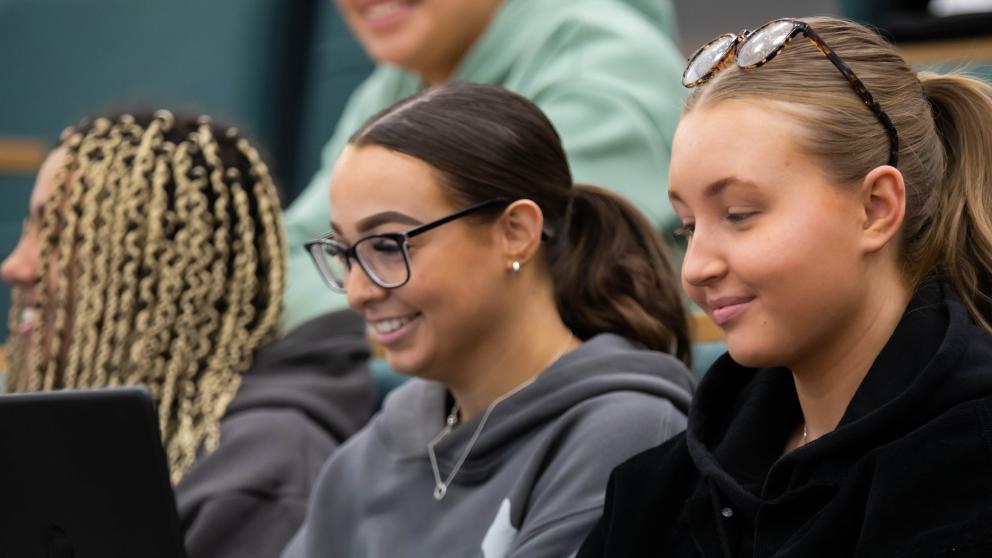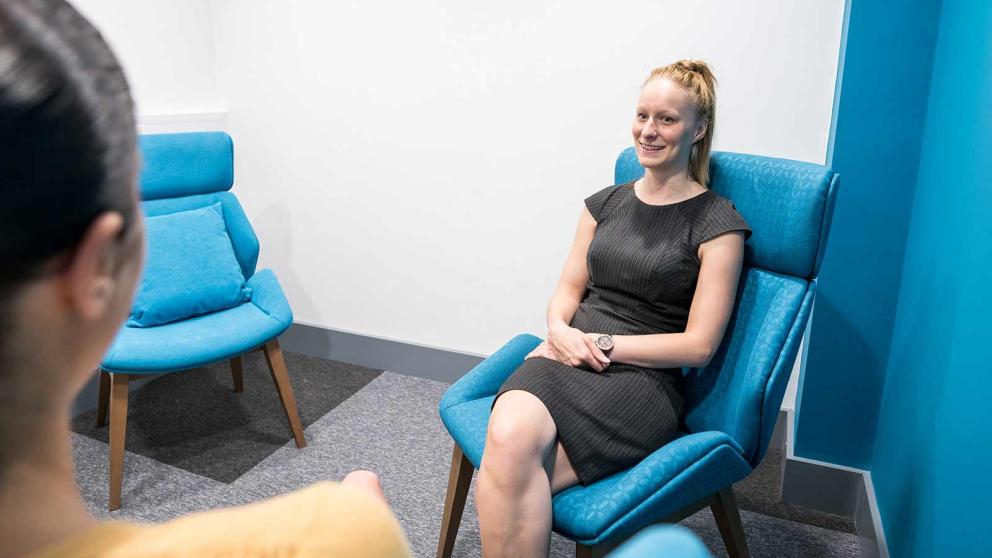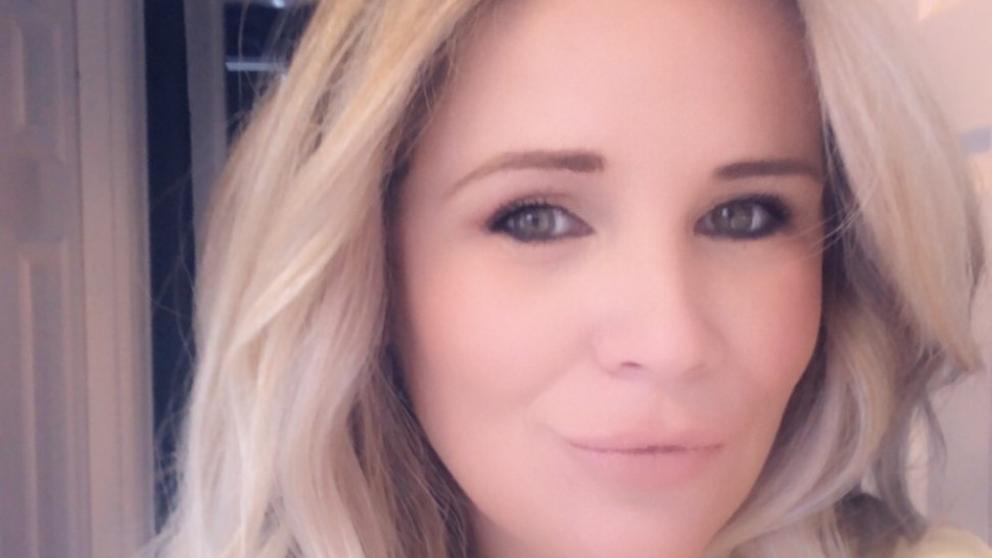Explore Social Sciences
At the University of Salford, we offer a range of Social Sciences courses, both at undergraduate and postgraduate levels.
Social sciences include sociology, criminology, social work, professional policing, and counselling & psychotherapy. These subjects help you understand society, crime, and criminal justice. If you are curious, interested in society, and want to help people, a degree in social sciences might be perfect for you.
You will learn through lectures, tutorials, and seminars. Your work will be assessed by essays, exams, presentations, and reports. Social sciences courses focus on research and academics but also offer placements. You will have chances to meet professionals through placements, site visits, field trips, guest speakers, and workshops.
What can I do with a social sciences degree?
A degree in social sciences can lead to many career paths. You can explore different fields and find what you are most passionate about. Some career options for social science graduates include youth worker, charity officer, HR professional, housing manager, government advisor, social researcher, probation officer, community development worker, pastoral care worker, and policy officer. Many graduates also pursue careers in social work, teaching, policing, and counselling.
Ready to start your study journey?
Book your place at our next undergraduate or postgraduate Open Day and discover what the University of Salford has to offer.
Explore our undergraduate social sciences courses
BSc (Hons) Sociology
As a sociology student, you will explore the impact of events, both past and present, and how they can catalyse major societal changes. You will also study human connections and relationships, and how these connections, as well as social structures like social class, race, and gender, impact behaviour.
You can study single honours sociology or pursue a joint honours degree with criminology. Visit our course pages to find out more:
Explore our Sociology course option:
We also offer foundation year option for these courses. Visit our course pages to find out more:
BSc (Hons) Criminology
Criminology is concerned with what behaviour is defined as crime and who has the power to define it. Criminologists also explore the causes and prevention of deviant behaviour and how the criminal justice system can better respond when it occurs. Recent events, including the death of George Floyd at the hands of a Minneapolis police officer, have drawn global attention to the relationship between inequalities and criminal justice—questions that criminology is ideally placed to answer.
You can study single-honours criminology at The University of Salford, or you can combine it with psychology, sociology, or counselling. Visit our course pages to find out more.
Explore our Sociology course option:
- BSc (Hons) Criminology and Sociology course page
- BSc (Hons) Criminology course page
- BSc (Hons) Criminology with Counselling course page
- BSc (Hons) Psychology and Criminology course page
- BSc (Hons) Sociology course page
We also offer a foundation year option for these courses. Visit our course pages to find out more:
BSc (Hons) Professional Policing
This course prepares you for a career in policing and criminal justice. You will learn about the role of a police officer and develop practical skills. You will also study the Criminal Justice System (CJS).
You will apply what you learn through case studies and research projects. There will be simulation exercises based on real police scenarios to help you build important interpersonal skills. In year three, you will do a community placement.
Assessments will help you show your skills in researching, presenting, and writing. Some assessments, like policy briefings, are similar to tasks a police officer would do.
While this course does not guarantee a job in the police, it is a recognised entry route to becoming a police constable. It also provides skills for careers in policing or other criminal justice areas.
Visit our course pages to find out more:
BSc (Hons) Counselling and Psychotherapy
This course prepares you to become a highly skilled professional counsellor, with many exciting and rewarding career paths available. It meets the training requirements for professional registration with the British Association for Counselling and Psychotherapy (BACP) and opens the path to individual BACP accreditation.
You will learn the person-centred counselling approach and develop a wide range of professional skills, including communication, reflective practice, self-awareness, research skills, mindfulness, and cognitive behavioural therapy (CBT).
Visit our course pages to find out more:
BSc (Hons) Social Work
Our BSc (Hons) in Social Work uses modern teaching methods to provide you with the knowledge, values, and skills needed to tackle some of the toughest social problems today. The course focuses on the connections between individuals, families, and communities, offering a critical and meaningful approach to social work practice.
As one of the largest providers of social work education in the UK, we offer a broad and solid foundation for professional social work practice. You will have opportunities to exchange ideas and experiences with academics, professionals, and experts.
Visit our course pages to find out more:
We also offer an integrated practice course combining social work with learning disabilities nursing. Visit our course page to find out more:
Explore our postgraduate social sciences courses
MSc Applied Social Research Methods
This master’s in Applied Social Research Methods will equip you with the practical skills, academic knowledge, and professional attributes necessary to design and deliver research projects from start to finish. At heart, this course will build your capacity, expertise, and confidence in designing and undertaking research from inception to delivery. Our course is underpinned by academic rigour twinned with a commitment to workplace readiness.
Visit our course page to find out more:
MSc Criminal Justice: People and Processes
This dynamic course will support you to develop a critical understanding of contemporary and global criminological issues, with a specific focus on 'people and processes'. This course adopts a holistic approach, examining crime, justice, and penal policies to explore their impact on those involved in administering and receiving criminal justice. You will critically analyse how we might develop processes to improve outcomes for those who encounter the criminal justice system.
Visit our course page to find out more:
MSc Enabling Social Change
This course adopts an innovative approach to examining the changing dynamics of social policy and social change. It draws on the strengths of the social sciences, where staff are engaged in researching issues of poverty, inequality, and exploitation. It is designed to appeal to professionals in public sector and third sector roles as well as graduates of social science and related programmes.
Visit our course page to find out more:
What can we offer you?
Experience teaching from research-active staff, ensuring course content reflects real-world events and issues.
Accredited courses recognised by professional bodies, ensuring you're industry-ready upon graduation.
Real-world professional experiences, applying the skills learned in your counselling course to practical situations.
Tailored learning opportunities, including work placements, optional modules, and independent research projects, aligned with your interests.
Access to strong industry links with local government, social care providers, prisons, courts, charities, community development organisations, and youth organisations, enriching your education.
Meet our community

Bethany
BSc (Hons) Criminology alumna
“I have worked at His Majesty’s Prison and Probation Service for 2 years now, my current role is as a MAPPA Administrative Officer within the Public Protection Team. I am responsible for administrative support within Greater Manchester’s multi-agency setting.
This includes the management of highly sensitive and confidential documentation, coordinating multi-agency public protection arrangements (MAPPA) meetings and acting as a point of contact for external agencies such as Greater Manchester Police, the Home Office, and Social Services.”
Campus life. Big city buzz.
Studying at the University of Salford is the best of both worlds. Our Peel Park campus is set in 46 square kilometres of lush, green space to enjoy, but we're also just over a mile away from the big city buzz of central Manchester, regularly voted as the UK's most liveable city.
Famous for music, culture, sport, art, and science, the cities of Manchester and Salford offer an unrivalled student experience where you can balance your studies with world-class culture, exciting events, and legendary nightlife.
Campus life
We know university life isn’t all about studying – sometimes you have to have fun, too – and there are plenty of things to do outside of academia across our campuses.
From joining a club or society, to taking part in a gym class, to meeting up with friends for lunch in Atmosphere bar and café: when you're not working on your next assignment or research project, you can enjoy the perks of being on campus at the University of Salford.
Campus accommodation
Living in student accommodation is a great way to get settled into university life and meet new people. We have excellent accommodation options to choose from, including Peel Park Quarter, which was recently voted one of the best halls of residence in the UK.
Becoming an undergraduate student
Choosing a university is one of the biggest decisions you'll make - and we want to help you make the right one.
See what the University of Salford has to offer, register for our Open Day and find out more about your next steps.




